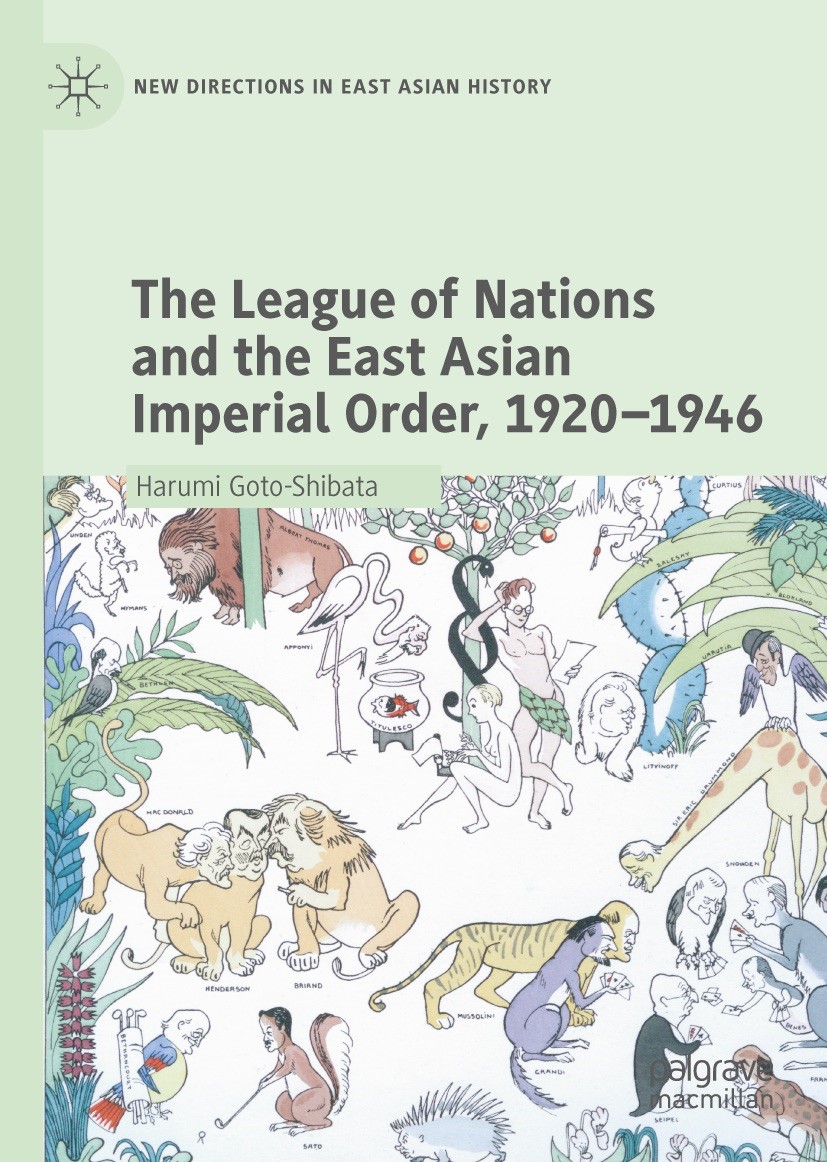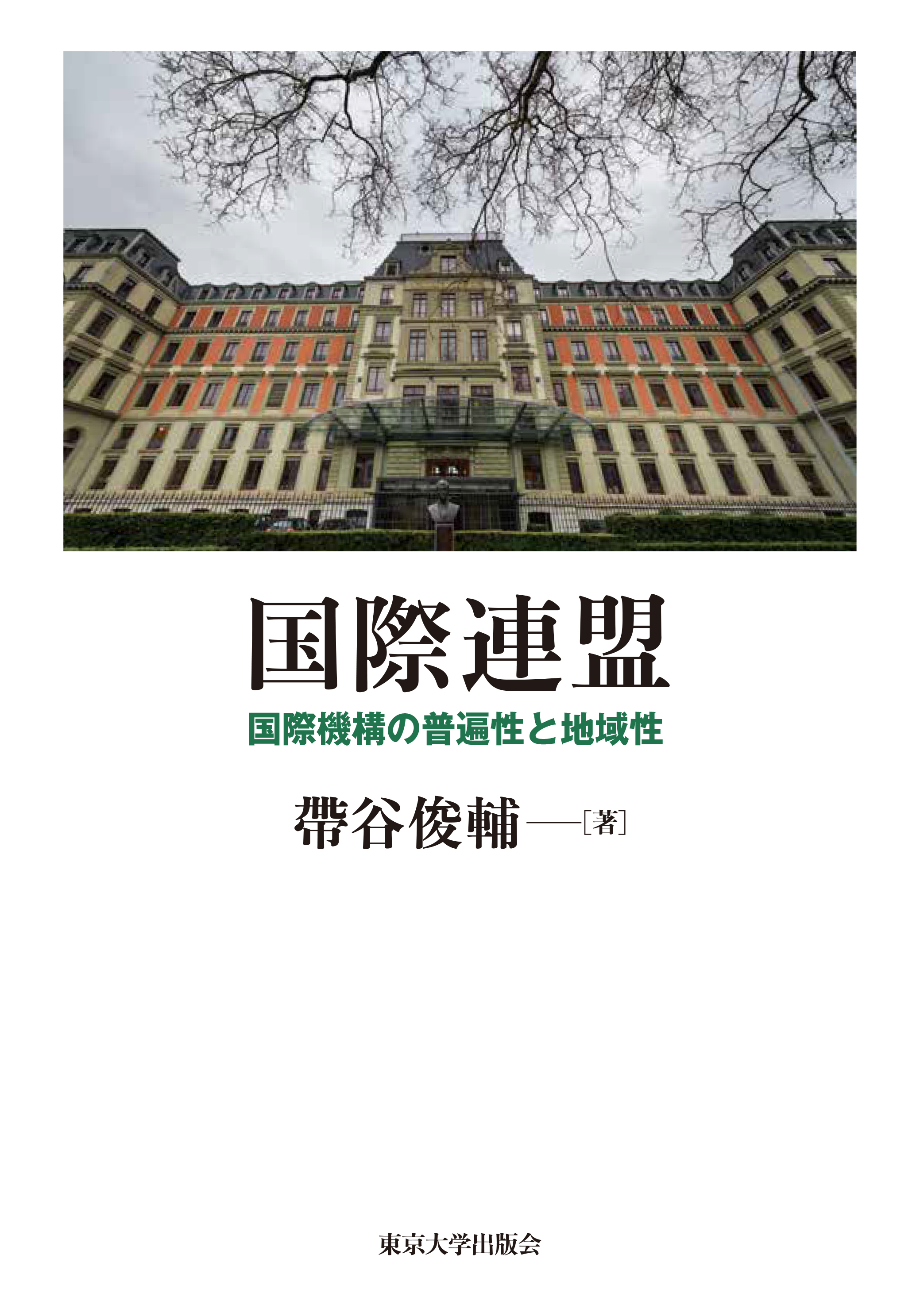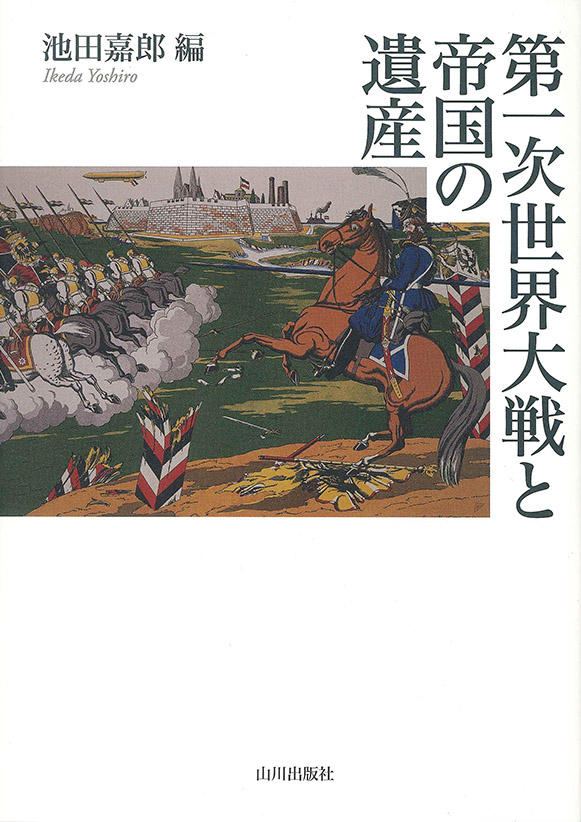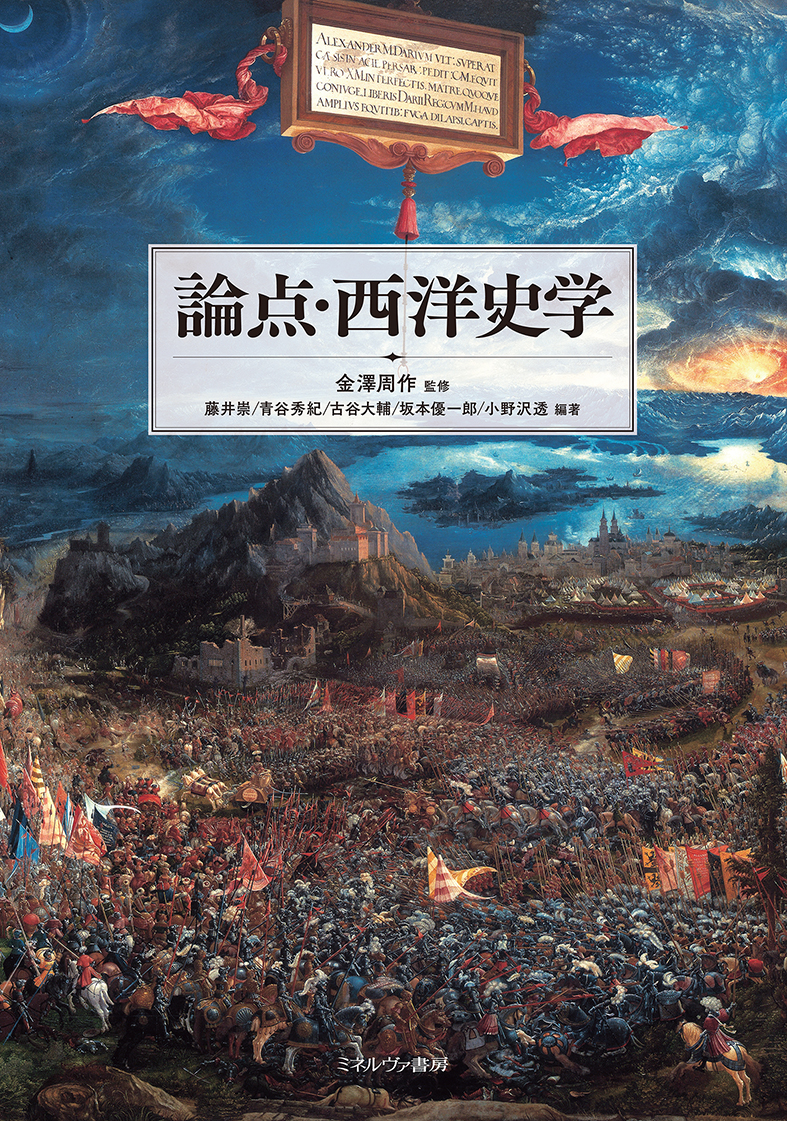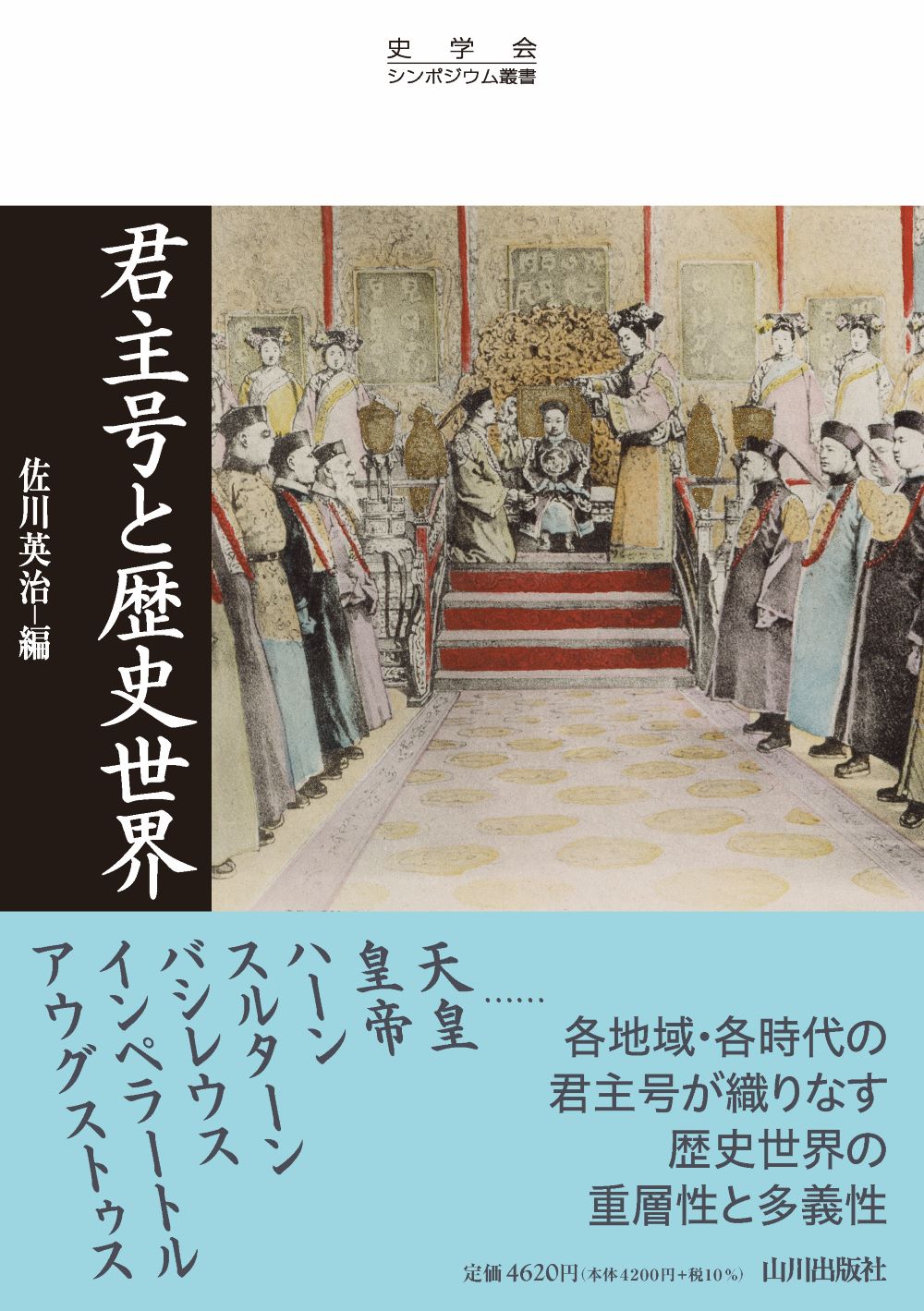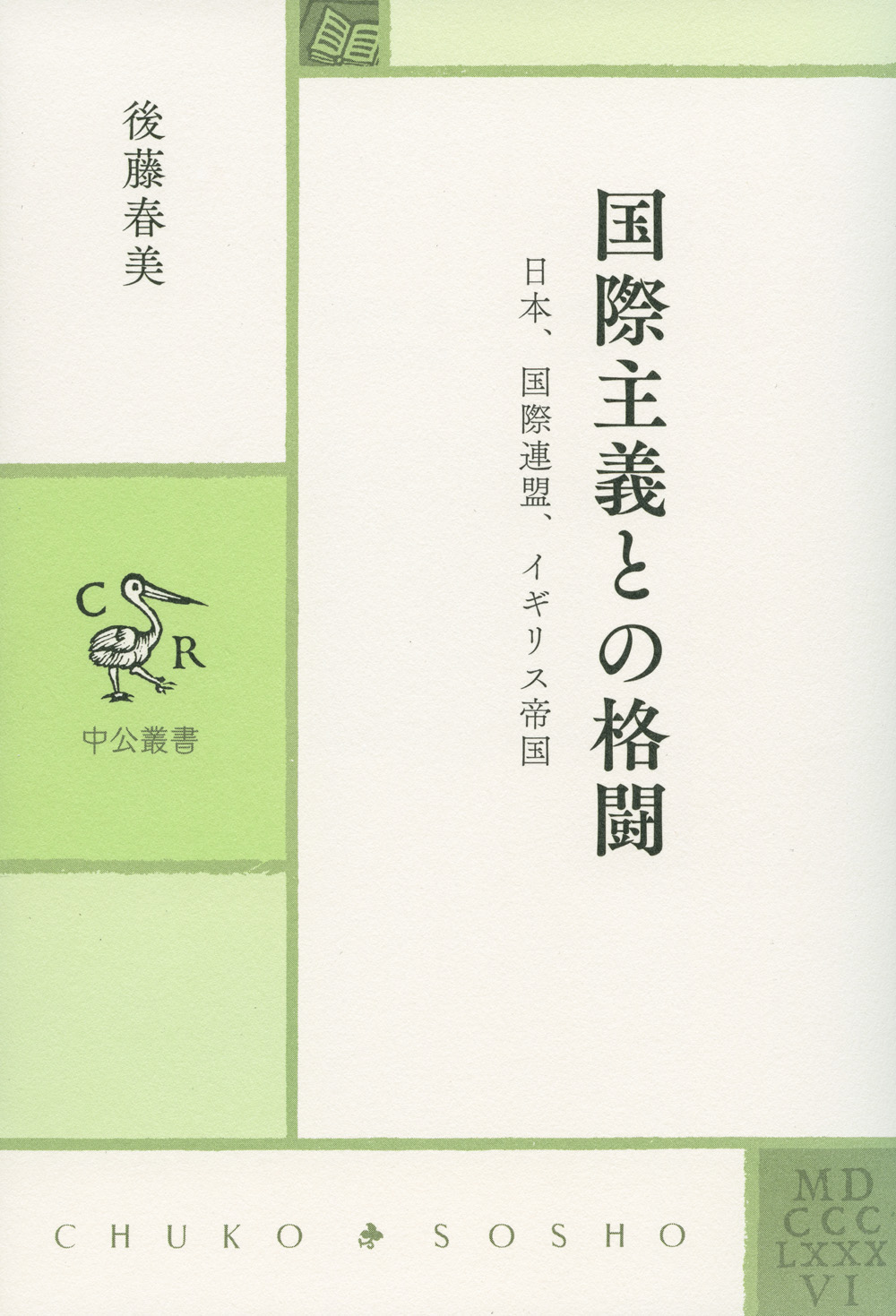
Title
Kokusai shugi to no kakutō (Struggles with Internationalism: Japan, the League of Nations, and the British Empire)
Size
344 pages, 127x188mm
Language
Japanese
Released
May 25, 2016
ISBN
978-4-12-004854-8
Published by
Chuokoron-Shinsha
Book Info
See Book Availability at Library
Japanese Page
This book examines the League of Nation’s technical cooperation with Nationalist China regarding the latter’s efforts to build a modern state, and analyzes the effects of such work on the international relations of East Asia.
Internationalism envisions a global community based on cooperation and mutual understanding among different countries. The League of Nations, which was founded after the First World War, was an organization based on internationalism.
Few studies have focused on the League of Nations since it failed in its primary goal of maintaining peace. Many people in Japan only remember the League as the international organization from which Japan withdrew after the Manchurian Incident. In recent years, however, more academic attention has been paid to the League’s social and humanitarian accomplishments relating to matters such as health, the control of opium and other dangerous drugs, the regulation of human trafficking, efforts to rescue refugees, and the international intellectual cooperation which the UNESCO took over post the Second World War. These aspects of the League’s work were not limited to Europe, but reached East Asia as well.
In this case, cooperation did not necessarily bring about an age of peace and friendship to East Asia. The greatest reason was that the situation in East Asia had not changed much even after the end of the First World War. Imperial order remained firmly rooted in the region. Part 1 of this book examines how Japan, which sought to maintain and expand its own interests, opposed the arrival of internationalism in East Asia which attempted to change the status quo radically. Part 2 analyzes records from the League of Nations and British diplomatic sources, and considers whether Nationalist China, a benefactor of cooperation, wholeheartedly welcomed internationalism. It seems that some individuals in the Nationalist government feared cooperation might result in another form of foreign intervention.
Part 3 reveals how the United Nations—especially its Economic and Social Council—took over the League’s social and humanitarian work after the Second World War. Next, Part 3 addresses control of opium trafficking to illustrate how even Britain—a creator and mainstay of international organizations—could not avoid struggling with internationalism and how the imperial order was finally forced to change.
The book demonstrates how the League of Nations, an actor that embodied internationalism, was surprisingly active in East Asia during the interwar period. The organization’s work did not necessarily engender peace, friendship, or conciliation, which led to Japan, Nationalist China, and the British Empire struggling to get along. Building on the experiences of the League of Nations, the United Nations opted for a structure that separated its economic and social work from politics.
This book deals with the period when Japan opposed internationalism and remained outside international society. If there is any lesson that we can learn from this experience, it is that one should not completely repudiate internationalism and its practitioners, even if they are imperfect. Rather, not only Japan but also others should remain within the international community, negotiating with words rather than might, in order to create rules that benefit all countries and peoples.
(Written by GOTO Harumi, Professor, Graduate School of Arts and Sciences / 2017)



 Find a book
Find a book


